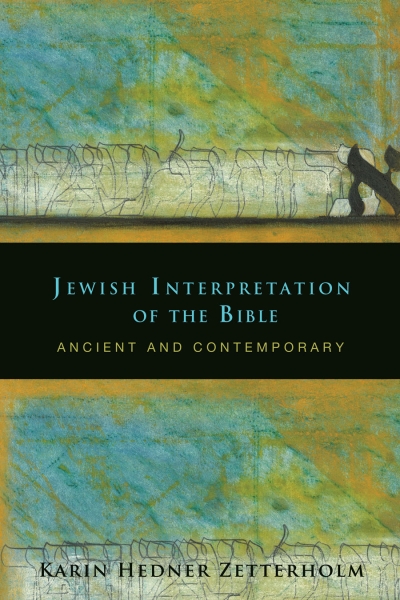- Publisher Fortress Press
- Format Paperback
- ISBN 9780800697983
- eBook ISBN 9781451424386
- Dimensions 6 x 9
- Pages 224
- Course Level Graduate
- Publication Date October 1, 2012
Endorsements
"This is a remarkable book, not only because it is thorough, clearly written, and focused, but because it speaks to the heart of what Jews and Christians need to understand about each other's tradition—namely, how each tradition interpreted and applied their common roots in different ways. Zetterholm shows how the Rabbinic tradition of nuanced and open interpretation of the Bible persists in different ways among Judaism's modern movements. I wish that every Jew and Christian would read this book!"
—Elliot Dorff
American Jewish University
"In this masterful and nuanced survey, Karin Zetterhom argues that Judaism's ability to adapt to ever-changing circumstances can be traced to unique concepts and interpretative strategies developed in the period of the Talmudic rabbis—concepts and strategies that afforded a central place to human agency in the articulation of the divine law. Illustrating her arguments with numerous primary sources and drawing on the most recent scholarship, Zetterholm shows how this tradition of transformative Scriptural interpretation informed the early Jesus movement and—in a final chapter that vividly reminds us that much is at stake—how it continues to inform contemporary Jewish denominations struggling to balance fidelity to the past with adaptation to the present."
—Christine Hayes
Yale University
"Zetterholm's book not only serves as an introduction to Jewish biblical interpretation, but to the origins of the rabbinic tradition, the core of Judaism today. Beautifully and clearly written, it is just the book I've been looking for my students."
—Pamela Eisenbaum
Iliff School of Theology
Reviews
Review in Journal for the Study of the New Testament
Review in Religious Studies Review
Review in Interpretation: A Journal of Bible and Theology

